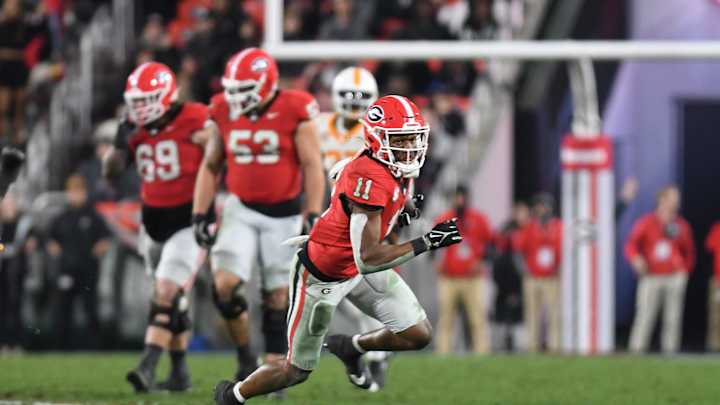The perception that Alabama and Ole Miss receive preferential treatment compared to Georgia has sparked heated debates among fans and analysts. Critics argue that the disparity is evident in scheduling, officiating, and even media narratives surrounding these powerhouse programs. Alabama, under the leadership of Nick Saban, has long been regarded as college football royalty, often benefiting from favorable calls and a reputation that seems to overshadow its competitors. Ole Miss, though less historically dominant, has seen its own share of leniency and support, particularly during high-profile matchups.
Meanwhile, Georgia, despite being the reigning national champion in recent seasons and boasting an elite program under Kirby Smart, appears to face more stringent scrutiny. This perception was heightened during controversial officiating calls in key games, scheduling decisions that seem to favor their rivals, and a comparative lack of acknowledgment from commentators.
Fans argue that such discrepancies could stem from traditional power dynamics in the SEC, where Alabama’s sustained dominance and Ole Miss’s charismatic leadership under Lane Kiffin draw more favorable narratives. However, Georgia’s rise as a consistent powerhouse challenges these dynamics, prompting questions about whether the Bulldogs are unfairly targeted to maintain the balance of power in the SEC. As competition tightens, these narratives are likely to intensify.
